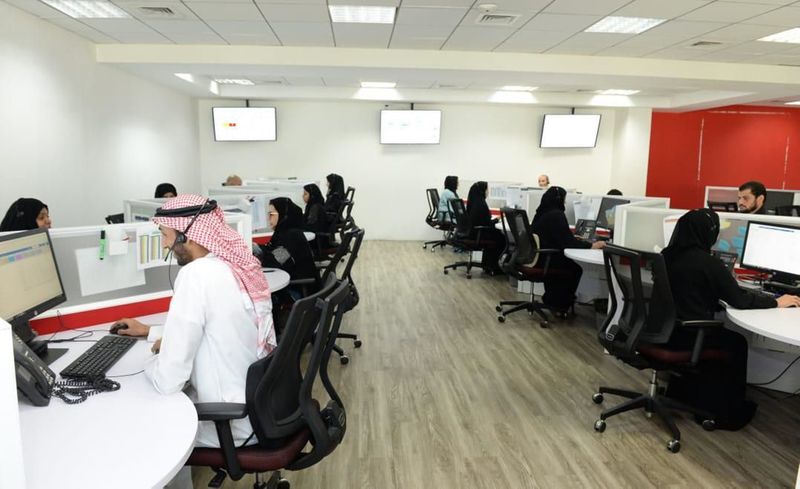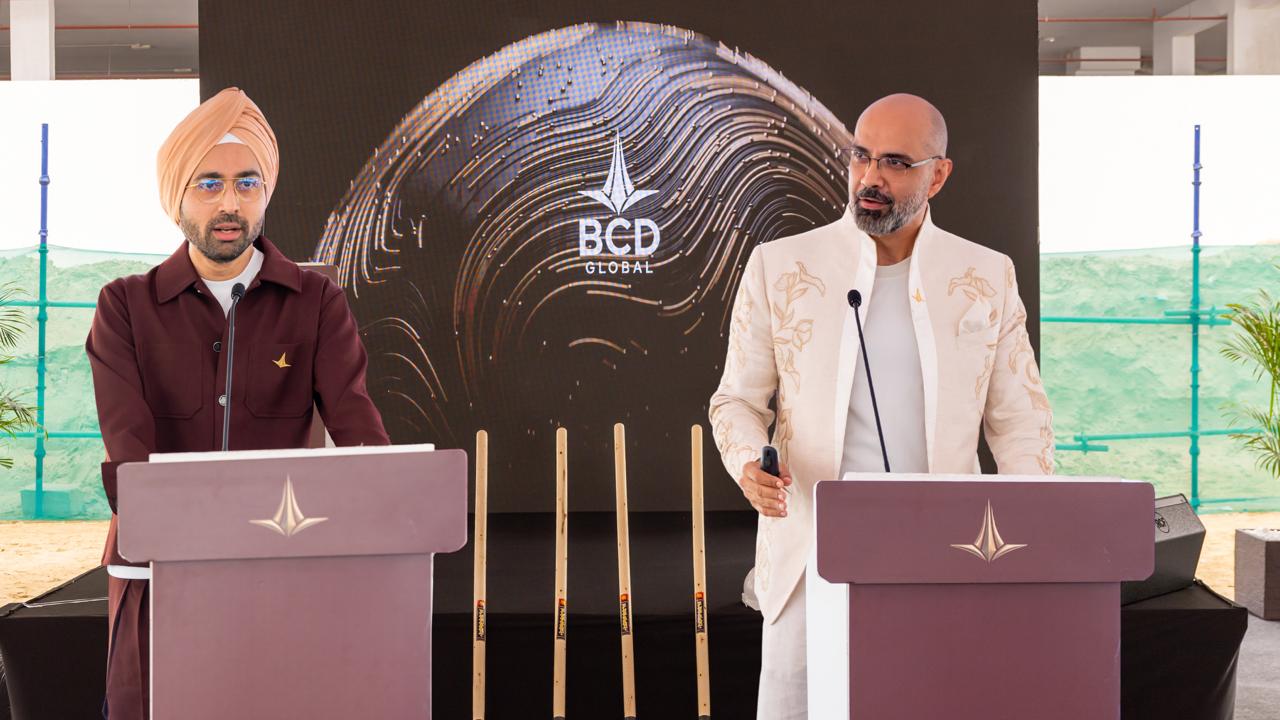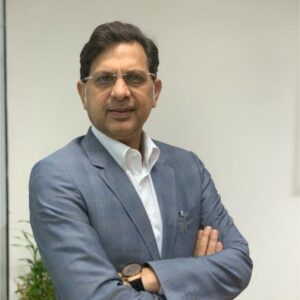International developer BCD Global has acquired a second development plot in Dubai South, accelerating its UAE expansion after its inaugural Dubai project was fully committed within weeks of launch.
The 70-year-old real estate group is targeting approximately Dh300 million ($81.7 million) in UAE revenue during the first half of 2026, marking its first meaningful earnings contribution from the market.
The latest acquisition follows BCD Global’s entry into Dubai last month with a freehold mid-market residential development in Warsan, where construction has already commenced. According to the company, all units were committed shortly after launch amid strong investor demand.
Scalable Platform Strategy
Chairman Dr. Angad Singh Bedi said the rapid absorption of the first project validated the group’s strategy of building a governance-led, scalable development platform rather than pursuing opportunistic transactions.
“The acquisition of a second site in Dubai South reflects our conviction in the long-term fundamentals of this market,” Bedi said.
“We are building a platform designed for sustained capital deployment and disciplined growth.”
BCD Global has delivered more than 155 million square feet of real estate across over 300 projects spanning residential, mixed-use and large-scale developments in seven countries over seven decades.
Chief Executive Amit Puri described the move as part of a phased expansion strategy focused on structural demand drivers.
“Dubai remains one of the most resilient global property markets, supported by population growth, capital inflows and regulatory stability,” Puri said.
“Dubai South represents the next phase of urban expansion, with infrastructure growth and demographic momentum supporting long-term housing demand.”
Market Backdrop
Data from the Dubai Land Department show total real estate transactions in Dubai reached Dh917 billion in 2025, up approximately 20% year-on-year. Average residential prices have climbed to around Dh1,597 per square foot, while rental yields in mainstream submarkets range between 6% and 8%, among the highest across major international cities.
Industry analysts project continued residential demand across the UAE, with close to 300,000 units expected to be delivered by 2028 amid sustained population growth and investor migration.
Pipeline and Regional Expansion
The newly secured Dubai South site forms part of BCD Global’s broader UAE pipeline. Another groundbreaking is scheduled next month, with construction on the second project expected to begin in the coming months.
The developer said its strategy centres on mid-market housing targeted at end-users and long-term investors, positioning itself away from short-term speculative segments.
From its Dubai base, BCD Global plans to expand across the Gulf, identifying Saudi Arabia as a priority growth market as it builds a diversified regional portfolio.



























